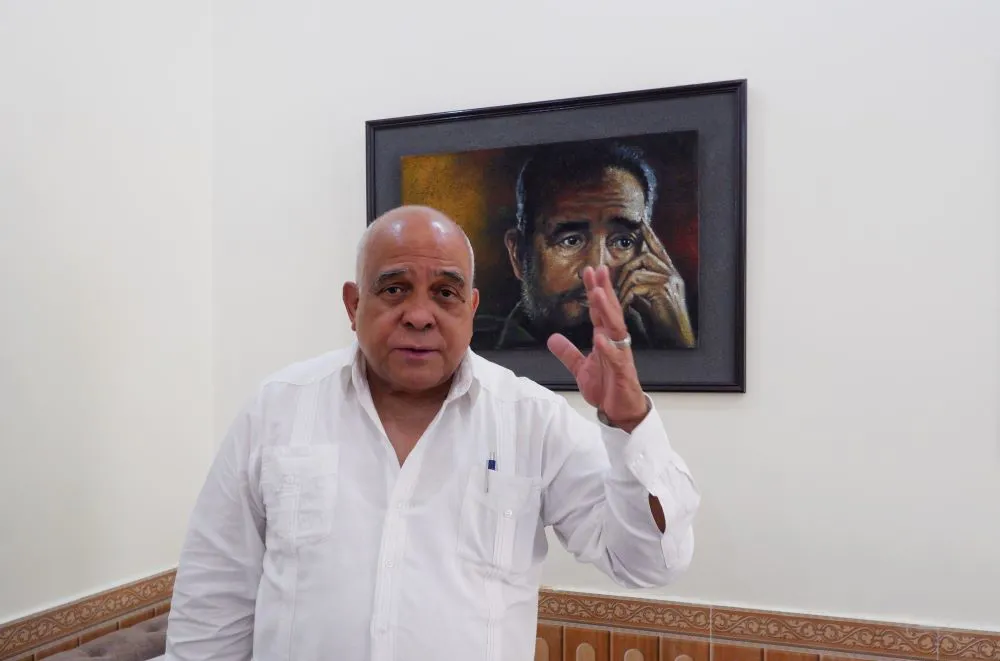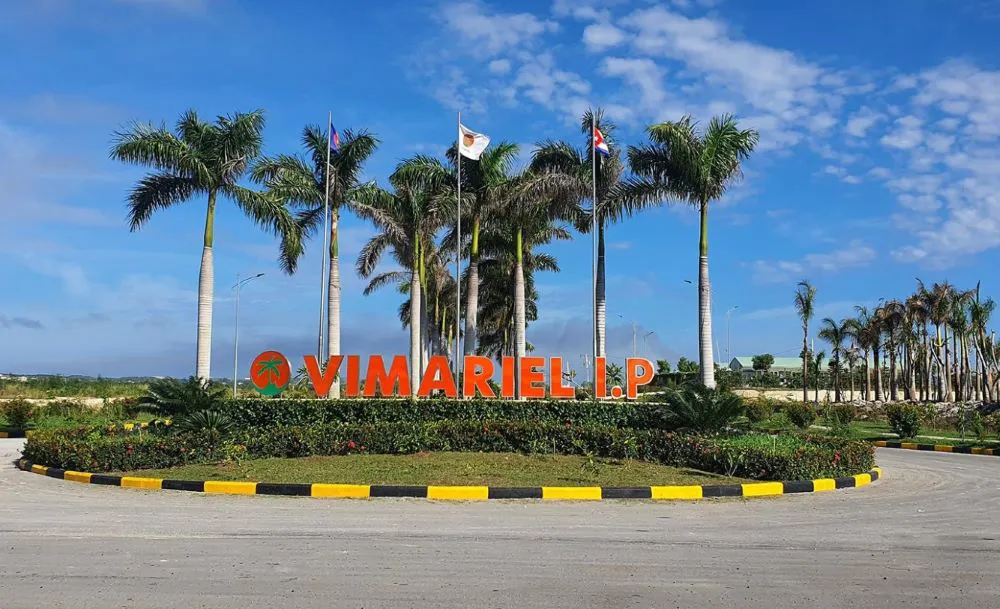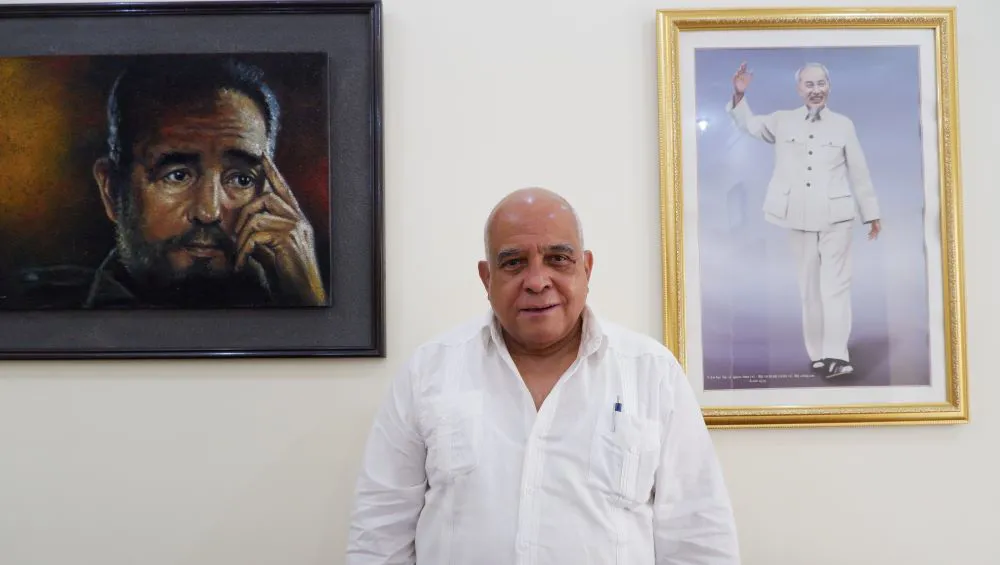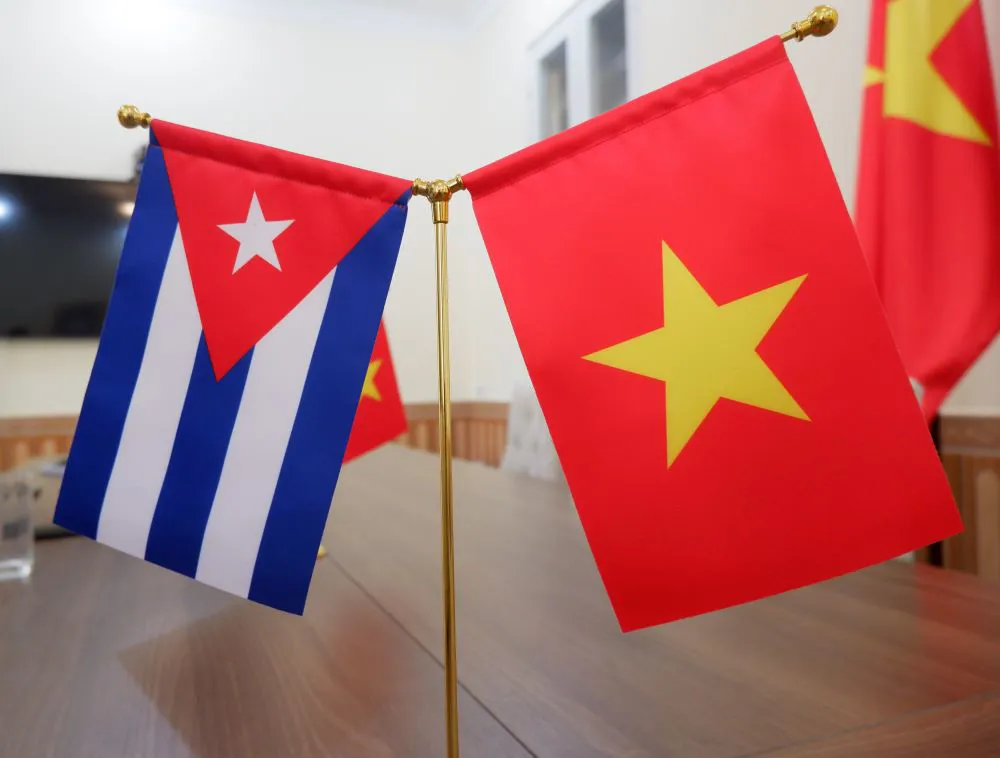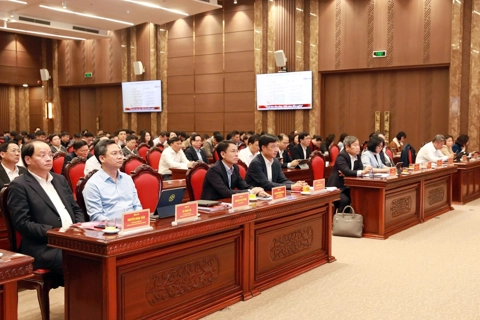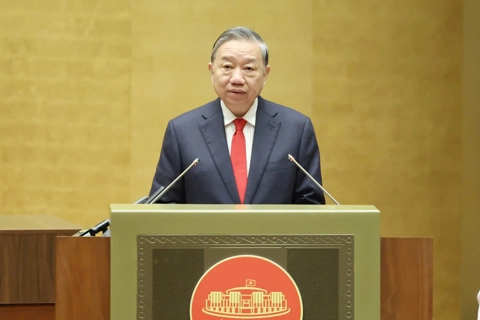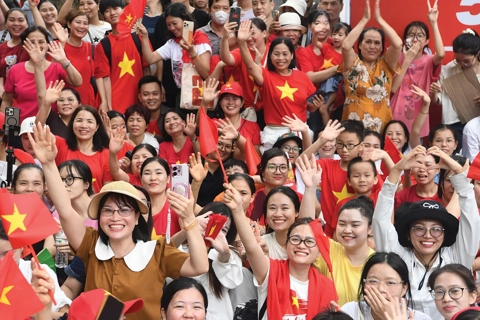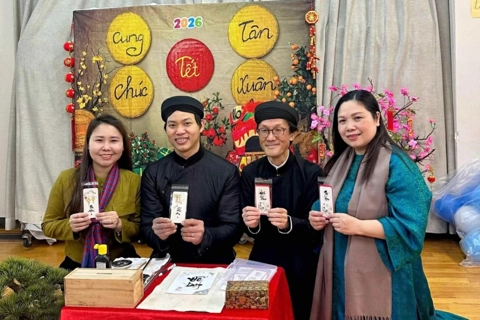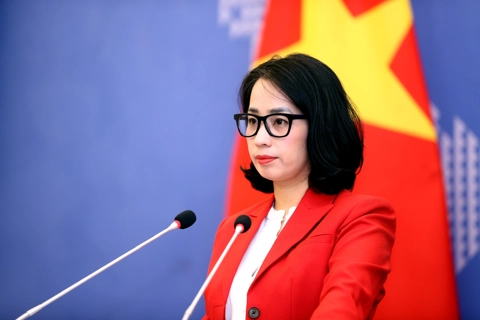Vietnam-Cuba relations secure incentives: Ambassador
The special relations are characterized by the spirit of solidarity and mutual assistance.
The Vietnam-Cuba special relationship is the basis for special incentives, according to Cuban Ambassador to Vietnam Orlando Nicolás Hernández Guillén.
| Cuban Ambassador to Vietnam Orlando Nicolás Hernández Guillén. Photos: Minh Tuan |
“Everything we want to achieve will be done under agreements reached by both countries, and that unique partnership will safeguard everything we have established,” Ambassador Orlando Nicolás Hernández Guillén shared with The Hanoi Times.
The Vietnam-Cuba Bilateral Trade Agreement signed in November 2018 during the visit paid by Cuban President Miguel Diaz Canel and took effect in April 2020 has offered an open environment for investors to the Caribbean country.
As a result of the two nations’ trade agreement, which lowers tariff barriers, a Vietnamese company that needs to import raw materials from Vietnam for production in Cuba will benefit from preferential or even duty-free tariffs.
In the Mariel Special Development Zone (ZED Mariel), some 50 kilometers from the capital La Habana, the first of its kind in Cuba, ViMariel S.A., a subsidiary of Vietnam’s Viglacera in Cuba, becomes the first 100% foreign-invested infrastructure company in Cuba. The operation of ViMariel S.A., which has been allowed to exploit this industrial zone for 50 years, bears so much meaning. Compared to peers from other countries, Vietnamese investors are at a better advantage.
Another Vietnamese company is developing a solar farm and a joint venture producing detergent, while other Vietnamese firms are preparing for investment in ZED Mariel. Bilateral solid ties are thought to have played a significant role in the smooth investment.
As the performance of a financial institution would assist businesses from the same country and other investors from France, Spain, the UK, and Cuba, the operations of Vietnamese banks in the island nation are necessary to promote Vietnamese investment in Cuba.
The ambassador brought up this point when discussing some necessary measures to safeguard Vietnamese investors amid headwinds in the Cuban financial system, which is affected by the US decades-long embargo.
| ViMariel S.A., a subsidiary of Vietnam’s Viglacera in Cuba, becomes the first 100% foreign-invested infrastructure company in Cuba. Photo: Viglacera |
Comprehensive partnership
Without regard to politics, cooperation in diverse fields keeps Vietnam and Cuban relations strong.
The visit paid by Cuban Prime Minister Manuel Marrero Cruz in late September 2022 reaffirmed the long-lasting relations and the importance of a comprehensive relationship and post-pandemic recovery. It also demonstrates the continuation of the high-ranking visit exchange after the Cuba visit of Vietnamese President Nguyen Xuan Phuc in September 2021 and the latest Vietnam visit of Cuban President Miguel Diaz-Canel in November 2018.
Manuel Marrero Cruz was accompanied by a delegation of senior officials, enabling both sides to accomplish essential goals in fields of cooperation such as construction, agriculture, healthcare, and particularly an action plan for the economic ties in 2023–2025 with the signing of 10 agreements and memoranda of understanding (MoU).
With the signed documents, Cuba hopes to boost the presence of its top-notch pharmaceutical items in Vietnam. Additionally, Cuba hopes for continued collaboration in manufacturing pharmaceuticals and tech transfer, particularly those made by BioFarma, a significant player in the Caribbean nation.
Given Cuba's notable Olympic accomplishments, sports is another potential area for cooperation. The two nations discussed cooperation in high-performance sports and grassroots sports movements with the participation of Vietnamese businesses, with the president of the National Institute of Sports, Physical Education and Recreation of Cuba (INDER) in the PM's delegation.
| Cuban Ambassador to Vietnam Orlando Nicolás Hernández Guillén in his office in Hanoi. |
Agriculture – one of the key pillars
Ambassador Orlando Nicolás Hernández Guillén emphasized the significance of agriculture, calling it “extremely strategic” in bilateral relations and the significant areas of a long-term collaboration.
Cuba needs Vietnam’s genuine assistance and involvement in “extremely important” areas to move closer to its objective of achieving food self-sufficiency. The cooperation between the two countries’ agriculture ministries reflects this.
To highlight the significance of agricultural cooperation, the Cuban Minister of Agriculture visited Vietnam in September and met with Vietnamese agricultural officials.
The minister had productive conversations with Vietnamese partners, including the Ministry of Agriculture and Rural Development and the Vietnam Farmers' Association. The sides agreed to expand their cooperation in cultivating rice, coffee, and corn while providing chances for Vietnamese agricultural producers to invest in Cuba.
The rice growing project is in its fifth stage, while coffee and other crops have advanced to new phases. Successful outcomes have allowed both parties to move forward with the projects, which are advantageous for Cuba and present chances for Vietnamese investors.
The following industry to signify close cooperation in the future is the food industry.
Ambassador Hernández Guillén stated that the action plan to implement the bilateral economic relations for the years 2023–2025 encompasses all areas of cooperation and will be updated yearly at the Inter-governmental Committee, guiding the cooperation orientations inked in 2020.
To fully utilize the reduction in tariffs brought about by the bilateral trade agreement, the agenda includes food security, medical services, energy, biotechnology, sports, science-technology, IT, agriculture, and trade.
| The Cuban-Vietnamese relationship is unique in the world. |
Special relationship
The Cuban-Vietnamese relationship is unique worldwide, characterized by solidarity and mutual assistance. Ambassador Hernández Guillén said the two sides should come up with a strategy to commemorate the visit of late Cuban leader Fidel Castro to Vietnam's southern liberated region 50 years ago. The occasion would have great significance.
Cuba is the first nation in the Western Hemisphere to open diplomatic ties with Vietnam and the first nation in Latin America to admit Vietnamese students. Cuba states unequivocally that it is willing to sacrifice its blood for Vietnam. Fidel Castro, the commander-in-chief, materialized all that he proclaimed via his actions.
“I believe that when Vietnam was reunified, Commander-in-Chief Fidel Castro was thrilled like any Vietnamese people,” the ambassador said, noting that it results from one of the Cuban revolution’s principles: solidarity. Vietnam’s wartime success and subsequent economic growth fill the Cuban people with pride who feel these accomplishments as their own.


